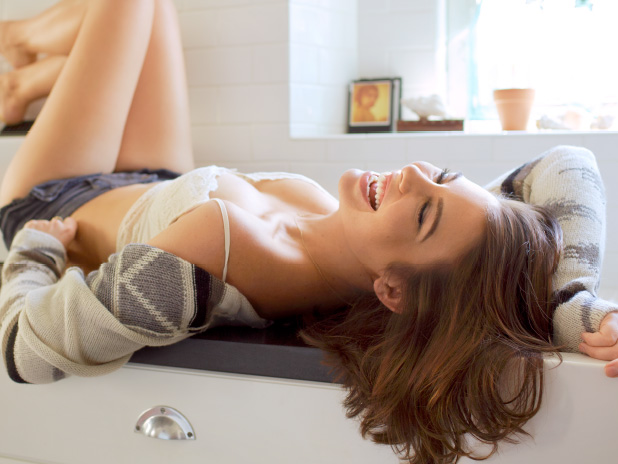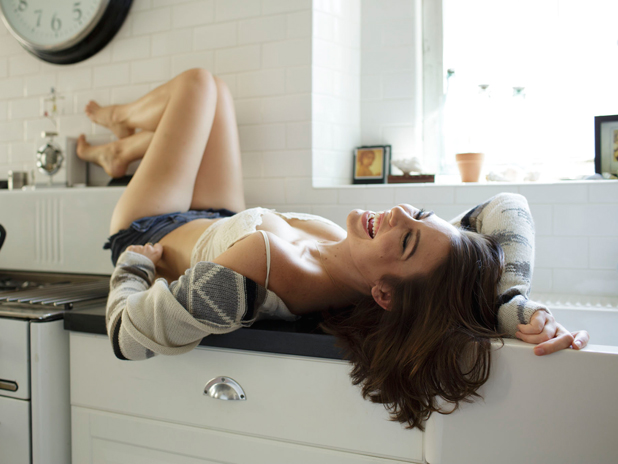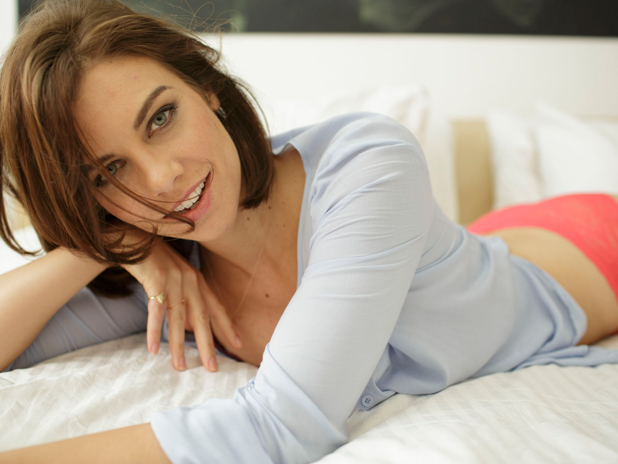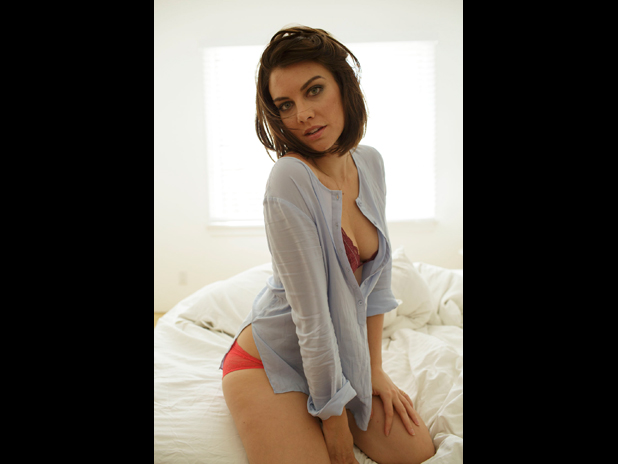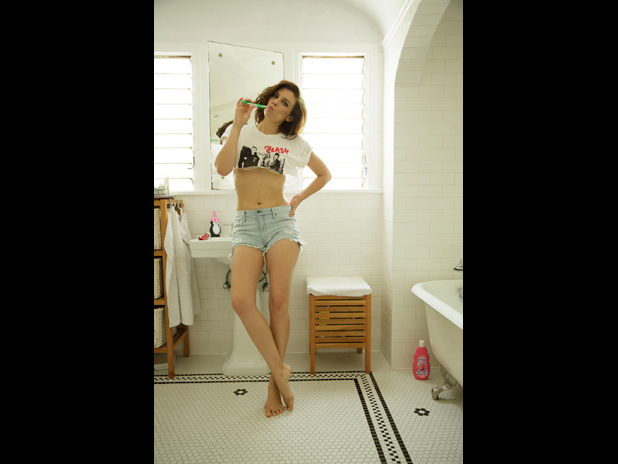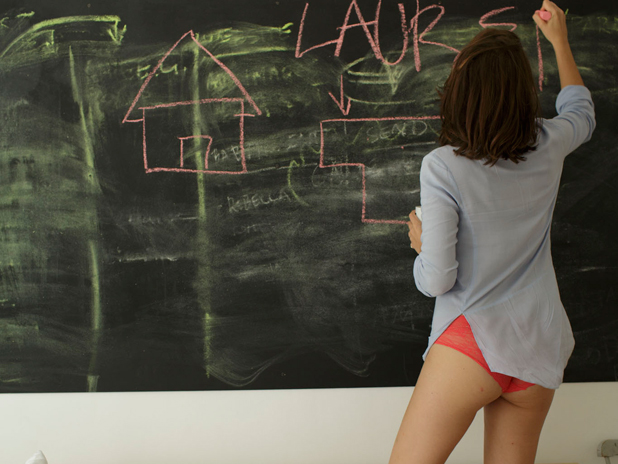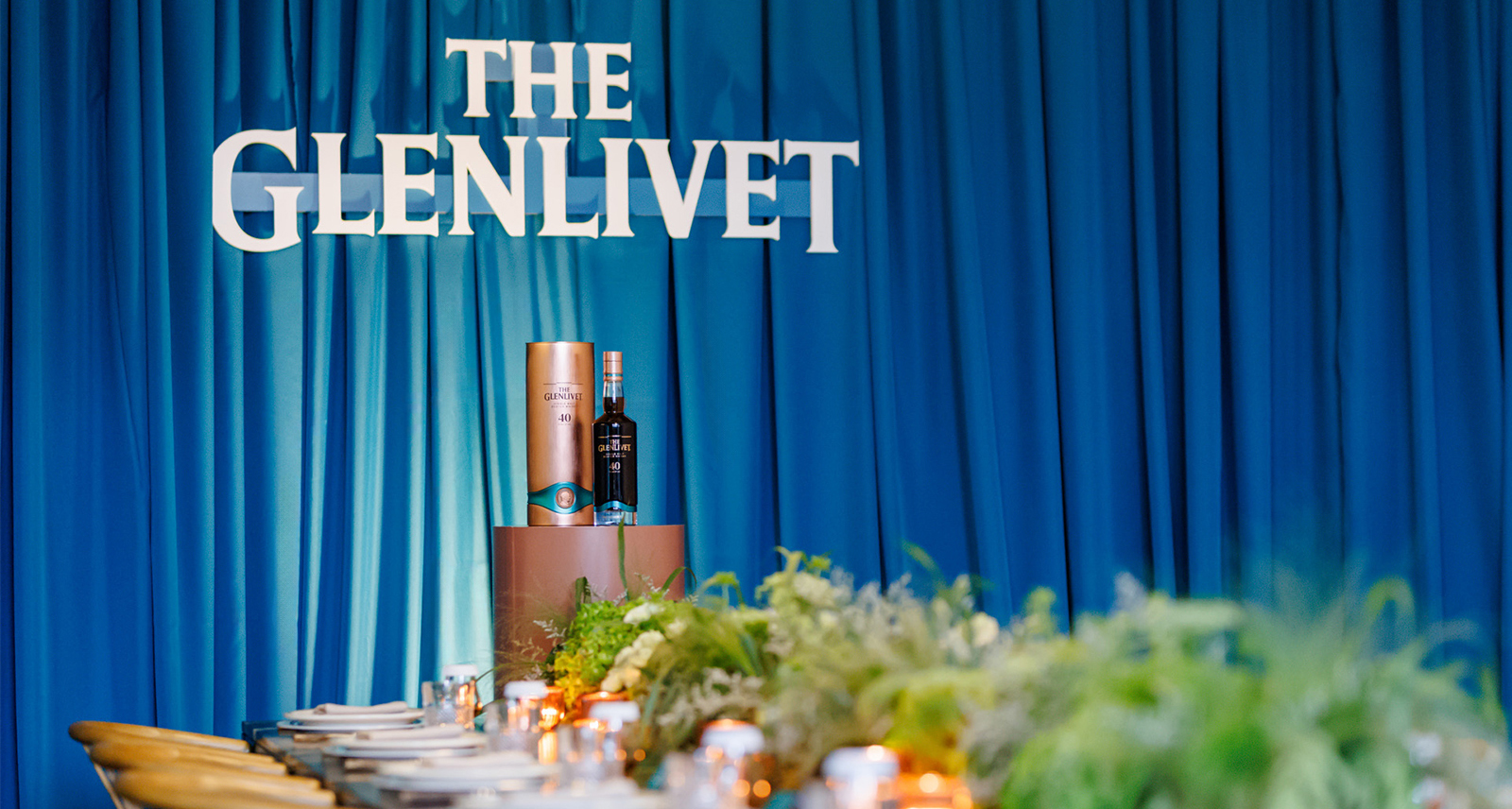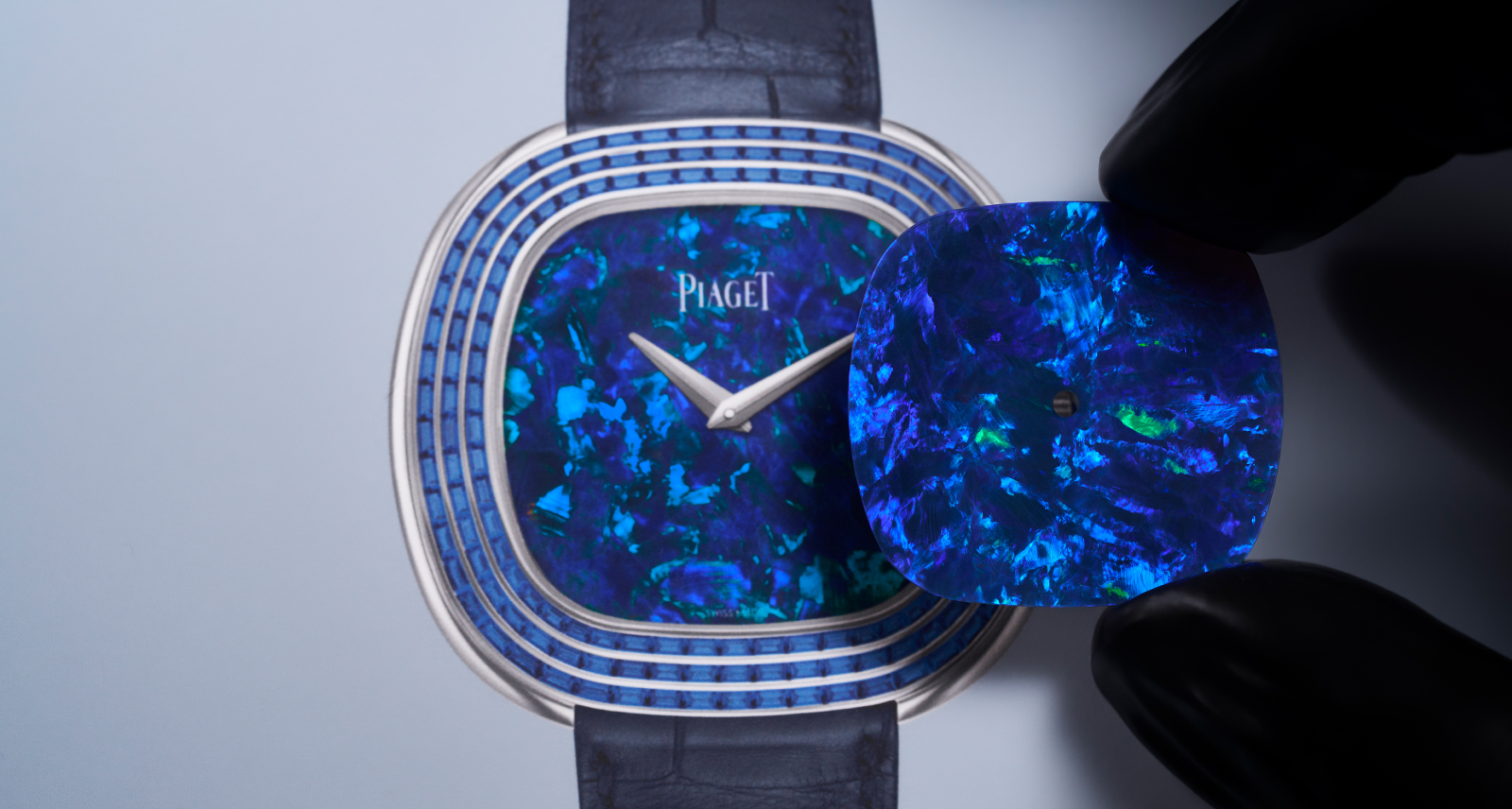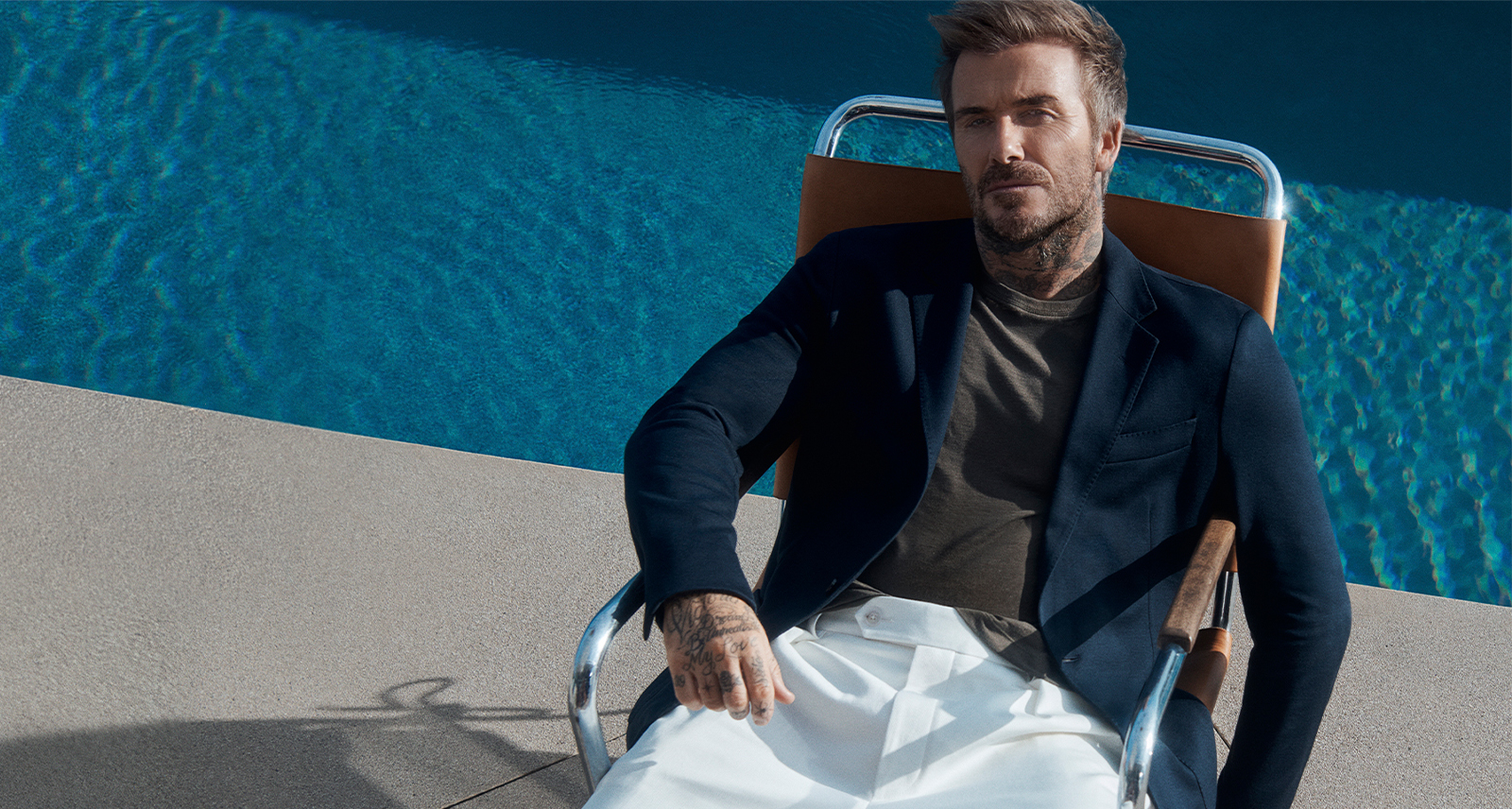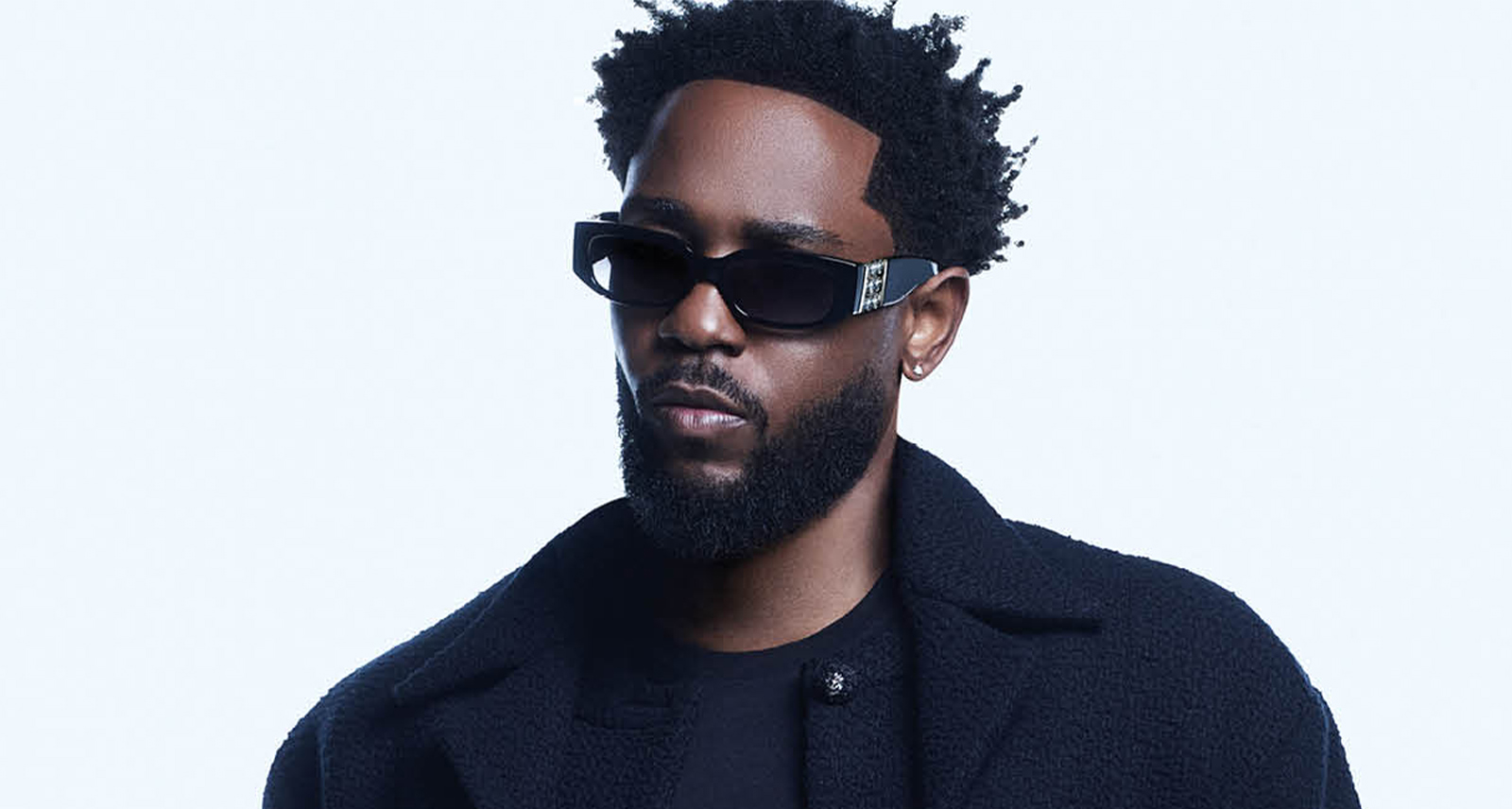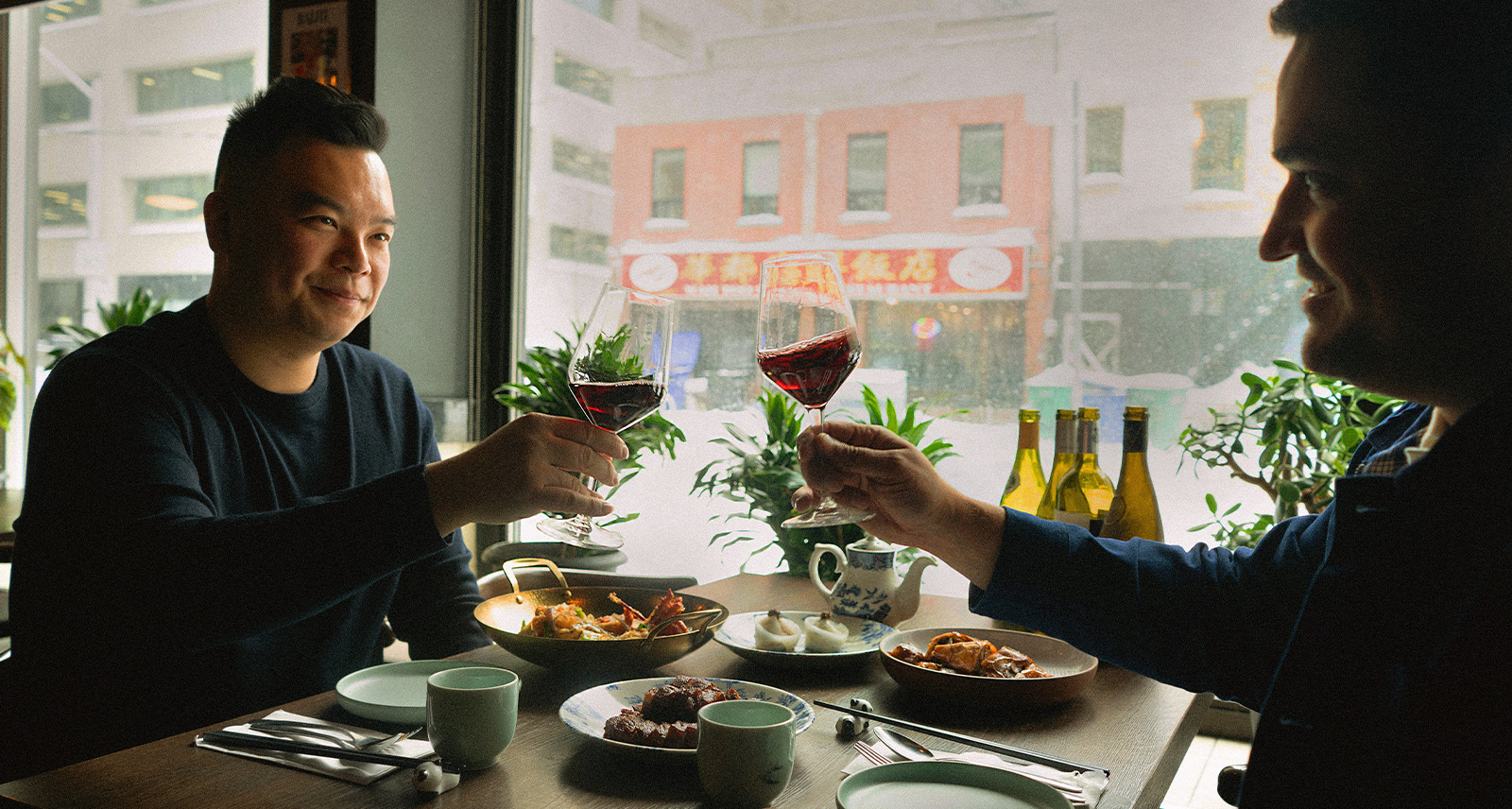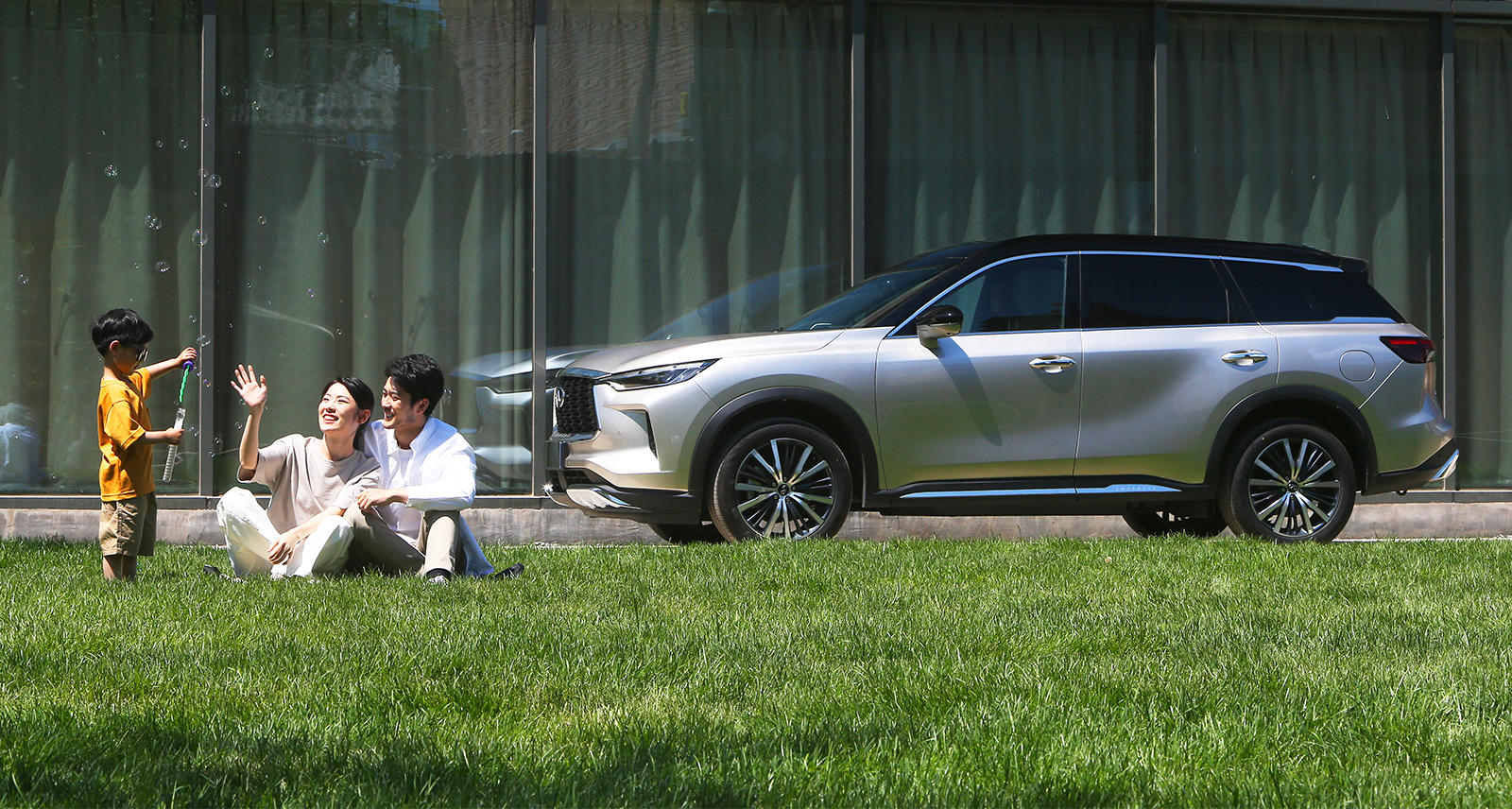Lauren Cohan Is the Best Part of The Walking Dead
Lauren Cohan’s accent is nomadic. It’s like she’s supposed to be playing a Brit, but she can’t quite keep a grasp on the pronunciation, intonation or tone. She keeps slipping, her dialect a war of independence, her American accent peeking through. In that sense—and only in that sense—she sounds a little like a Canadian great-grandmother. It’s charming as hell. Especially since she doesn’t look one whit like a Canadian great-grandmother. It’s too bad these pictures can’t talk.
The accent is a result of her upbringing, naturally. She was born in Pennsylvania, but she moved to the UK when she was 13. “By the time I was at university or just finishing, I sounded more English than I did American, but I still had this twang, and then from 20 to 24 I think I really felt super English, I was the most English,” she says, and the way the word ‘university’ skips out of her mouth sounds impossibly refined. She moved back to the States when she got regular acting work. Now, on The Walking Dead, which is likely where you recognize her from, she hides her accent expertly under a subtle layer of Georgia grit. All the better to kill zombies with.
